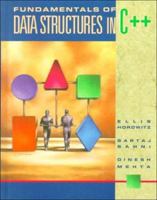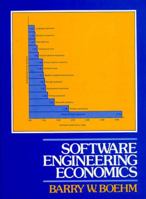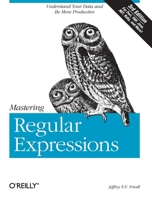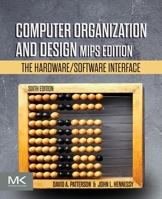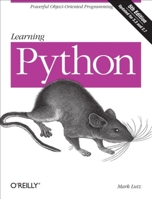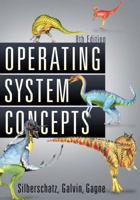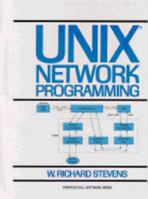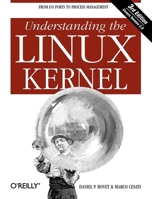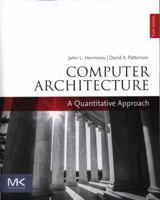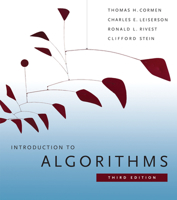Software Cost Estimation with Cocomo II [With CDROM]
Select Format
Select Condition 
You Might Also Enjoy
Book Overview
Software is now central to the quick development of smart, flexible, adaptable products and services. Every sizable company, in virtually every industry, is alsoa software company -- and more than 50% of all software projects run more than 50% over budget. In this book, a team led by world-renowned software economics expert Dr. Barry Boehm demonstrates breakthrough techniques for creating software cost estimates and schedules you can actually depend...
Customer Reviews
Rated 4 starsA must Read for CSCI 577a
If you not in Dr. Boehm's class at USC, then more than likely your a project manager for a software engineering firm trying to better estimate how much your next project is going to cost. Either way the book is dry, but the informaiton is great. Its given me insight to CMM and other Software Engineering models. The COCOMO tool has merit, so does CSCI 577a.
0Report
Rated 5 starsSuperb resource + tool
I was first introduced to the precursor of CoCoMo II when I ftp'd a whitepaper on estimating from the old decwrl site maintained by DEC in the mid 1980s. That led me to Boehm's seminal book, "Software Engineering Economics", ISBN 0138221227. Over time CoCoMo started to show its age, especially in environments with heavy GUI development, so I opted for function points as my sole estimating technique. With experience I discovered...
0Report
Rated 5 starsA stalwart of software engineering modeling
The latest revision of the well known COCOMO constructive cost model is calibrated with a Bayesian approach that balances 161 industry reference points with the determination of software development experts. Software engineers use the COCOMO model to make financial decisions, set project budgets and schedules, negotiate tradeoffs, plan to maintain or upgrade legacy products, and decide where to implement process improvement...
0Report
Rated 5 starsGreat guidence to deal with software cost estimation issues
This is great guidence for the people who involved in software cost estimation to deal with the current software engineering issues. It definitely helps to estimate the project's schedule and effort using COCOMO II (Implementation of the model).
0Report








![Hardcover Software Cost Estimation with Cocomo II [With CDROM] Book](https://i.thriftbooks.com/api/imagehandler/m/B89CD5E57CCDE275BCB993C64F7021A42DA6B88A.jpeg)


